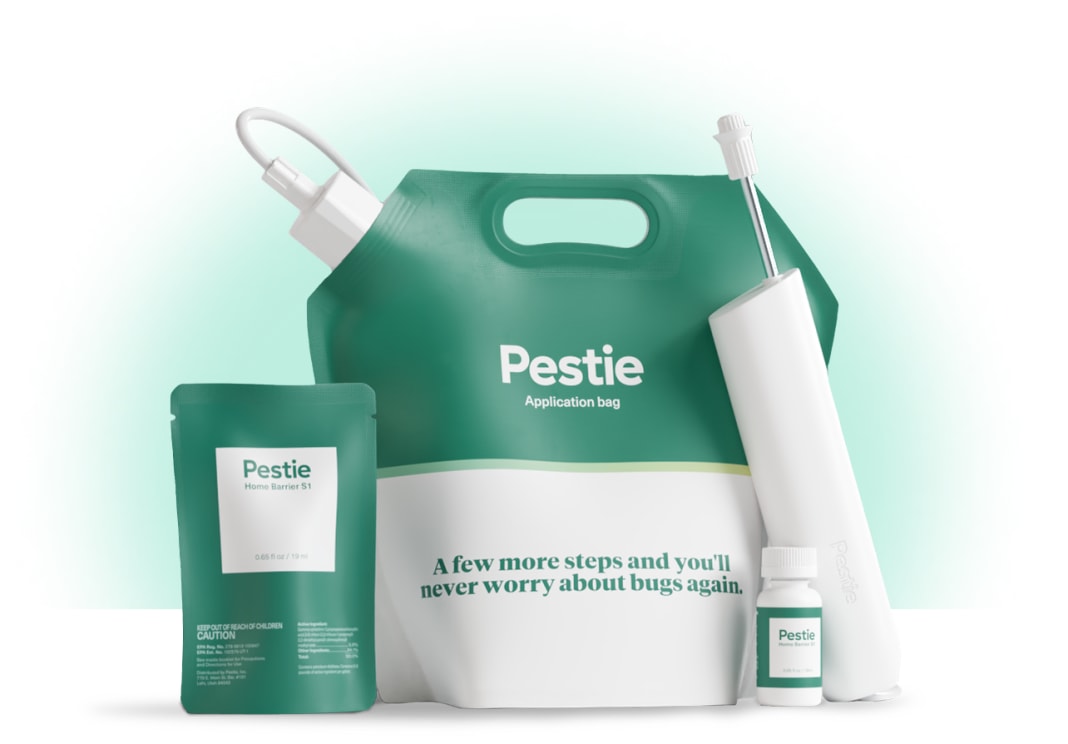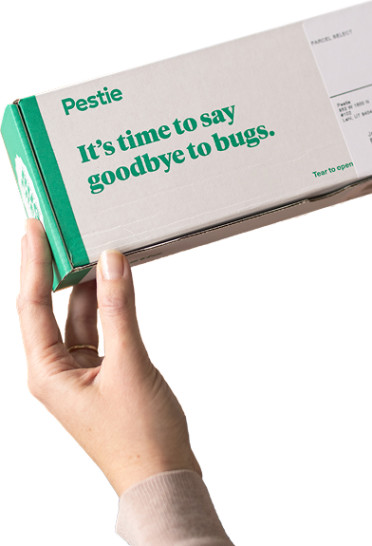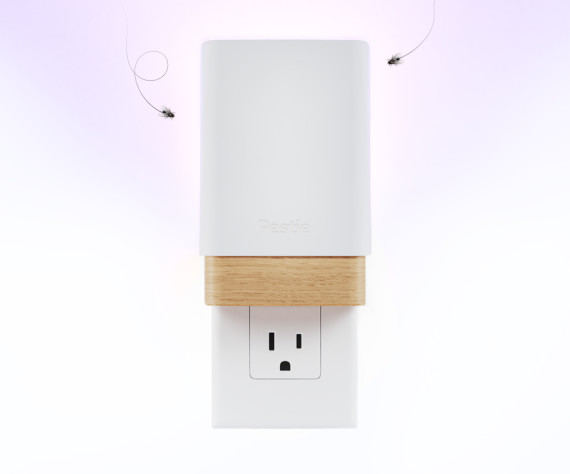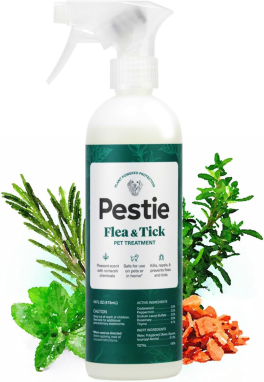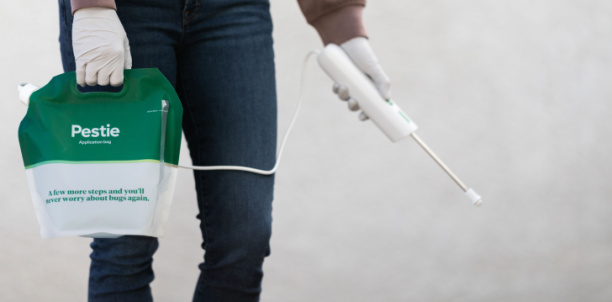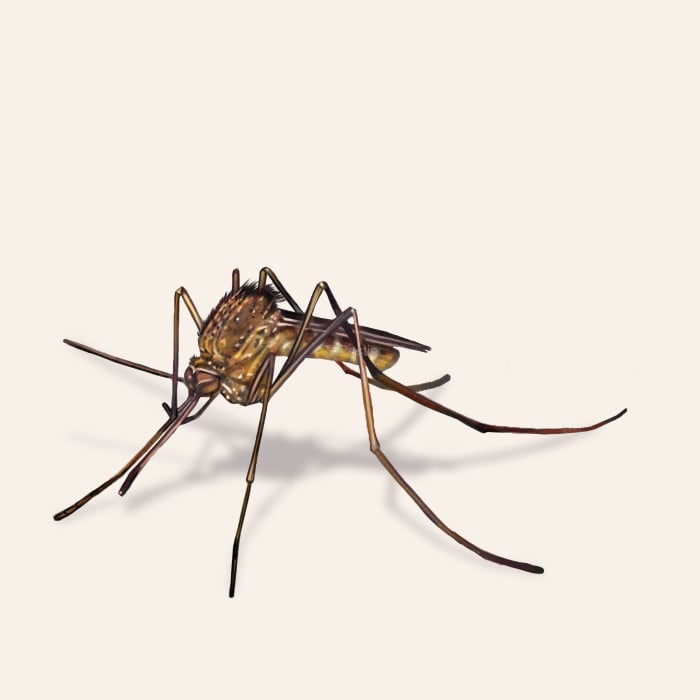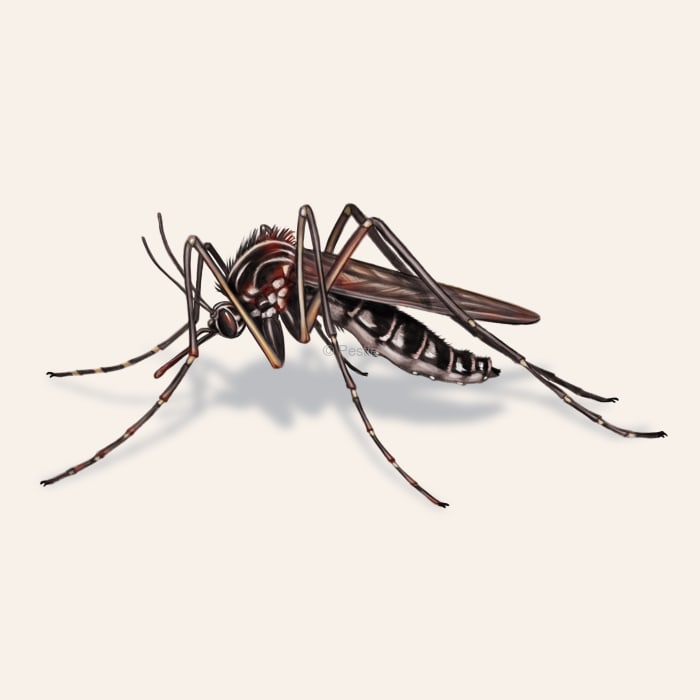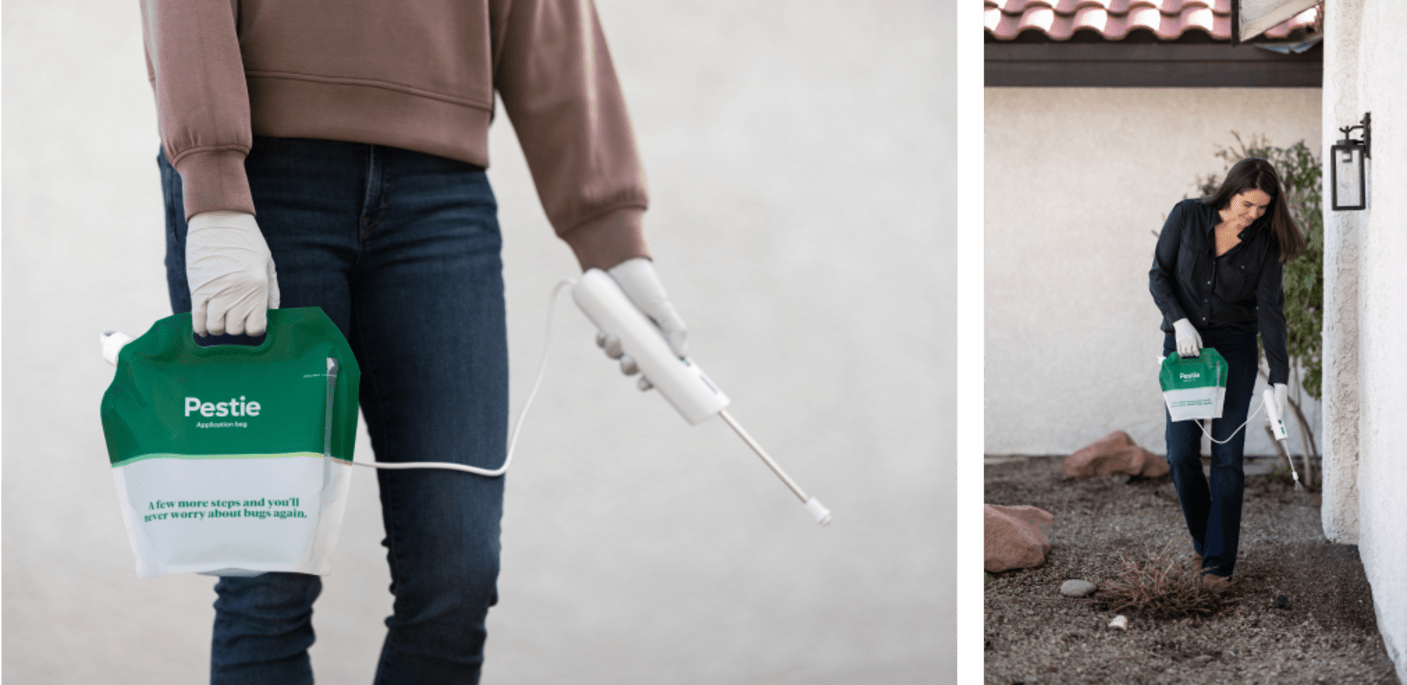How to identify and get rid of mosquitoes
Biting back against the bloodsuckers: keeping mosquitoes at bay
Mosquitoes can quickly ruin an evening sitting on the porch, a picnic near the lake, or a hike in the woods. When the weather is warm and the wind isn’t blowing, you can bet that mosquitoes are searching for their next blood meal. We can understand the attacks when we are on their turf, but when they start coming into our house, that’s another thing altogether!
These pesky insects are flies that resemble midges or small crane flies. However, females need to suck blood from a vertebrate host to develop their eggs. The bite can cause an irritating itch that lasts for a few days. While she is biting you, she may be transmitting some nefarious diseases into your blood.
Despite their small size, mosquitoes are one of the deadliest animals on the planet. They kill more people by spreading diseases such as malaria, encephalitis, West Nile virus, canine heartworm, and yellow fever, just to name a few.
Controlling mosquitoes in and around your home is not just a luxury but a necessity to keep you, your family, and your pets safe.
How to identify mosquitoes
Due to their small size, it can be easy to miss a mosquito before it’s had time to land, suck your blood, then fly off to make more mosquitoes. However, mosquitoes are easily identified by a few defining characteristics.
- One pair of wings - Like any true fly, mosquitoes only have two wings.
- Long proboscis - This straw-like mouthpart pierces into your skin and finds the right blood vessel
- Feathery antennae - Only males have bushy antennae, but so do other non-biting flies. So, if you see something with fuzzy antennae, it won’t suck your blood.
- Small size - There are no giant mosquitoes out there. They only range between ¼ to ½ inch long.
- Coloration may vary - Most mosquitoes are very colorful, but some of the ones that vector diseases have white and black bands on their legs and abdomen.
Where do mosquitoes live?
In terms of global distribution, there are 3,600 species of mosquitoes on every continent. If you want to escape mosquito bites completely, then move to Iceland. Iceland is one of the few places free of mosquitoes.
For the rest of us, mosquitoes prefer living close to a stagnant or slow-moving water source. This can be in the form of a lake or pond, marsh, swamp, or slow-moving stream. In an urban setting, mosquitoes will take advantage of any container that holds water. Larvae can develop in an undrained pool, overwatered flower pots, and even in old tires that have water in them.
Fun fact
Male mosquitoes are able to hear the wing frequency of females and can recognize the “tone” of their own species. This helps them find the right mate while flying among other species of mosquito.
Are mosquitoes dangerous?
Mosquitoes are the most dangerous creature in the world. They kill between 700,000 to 1 million people every year through the diseases they carry and transmit. Malaria is one of the worst diseases they transmit to humans. It has been reported that a child dies every 40 seconds from malaria.
Other diseases they transmit include:
- Yellow Fever
- Chikungunya
- Dog heartworm
- Dengue
- Eastern Equine Encephalitis
- St. Louis Encephalitis
- LaCrosse Encephalitis
- Western Equine Encephalitis
- West Nile Virus
- Zika Virus
What do mosquitoes eat?
Adult mosquitoes feed on nectar to give them enough energy to fly around and find a mate before they die.
Well, that’s what the males are hoping to get out of life.
The females on the other hand, need a protein source to develop the hundreds of eggs they will lay. That’s why the females find a vertebrate animal to suck their blood. She has a long, thin proboscis that pierces the skin. The proboscis is sensitive enough to find the blood vessels under the skin and suck up the blood.
Most mosquitoes prefer warm-blood animals, but they have been known to suck the blood of amphibians too!
How to get rid of mosquitoes
Eliminating mosquitoes from inside or around your property can be a tricky task. However, one of the best things you can do to reduce the number of mosquitoes around your home is to eliminate any potential breeding sites nearby.
Breeding sites will be any container that holds water. This could include:
- Old tin cans, or discarded containers
- Old tires
- Flower pots
- Birdbaths
- Garden ponds
- Clogged rain gutters
- Ditches
- Open cisterns or rain barrels
- Piles of decaying leaves
- Tree stumps
By removing these breeding sites, you reduce any larvae that might emerge near your home. If you have ponds or standing water that can’t be completely drained, a thin layer of oil can be applied to the surface of the water to suffocate any larvae. Look for larvicidal oils designed for mosquito control.
Adult mosquitoes are attracted to lights and most species feed at night. During the day, adults will rest in cooler, shaded areas. Keeping grass and vegetation trimmed around the home can reduce these resting spots. Bug zappers are not effective at controlling mosquitoes. You may be able to kill several mosquitoes throughout an evening, but you are also attracting more mosquitoes from nearby. Additionally, you can kill more beneficial insects than mosquitoes when using these devices.
Prevent mosquitoes from coming inside your home by repairing or replacing window and door screens. It might also be a good idea to reduce your outdoor lighting too.
Treat mosquitoes with Pestie
If you're still having trouble keeping mosquitoes away, the best option is to use a pro-grade, effective pest control solution like Pestie.
Pestie is a do-it-yourself pest control solution that's specially designed to keep mosquitoes and other pests away from your home.
With Pestie, you can rest easy knowing that your living space is protected and free of creepy crawlies. And the best part? It's designed for people, pets, and the planet, so you can say goodbye to harsh chemicals and hello to peace of mind!
- Save hundreds compared to traditional annual pest plans
- People, pet, and planet-friendly
- Pro-grade customized formulas
